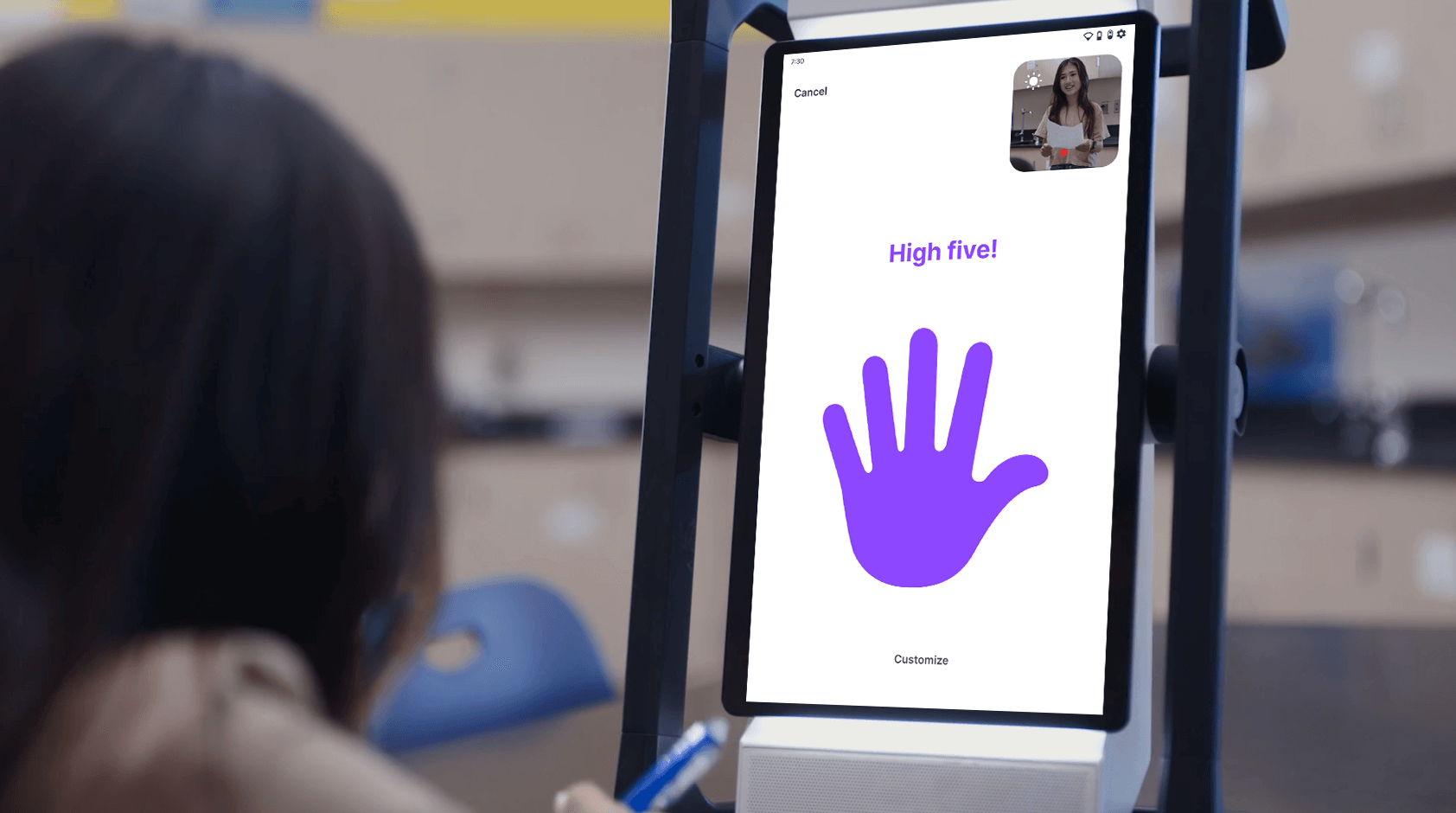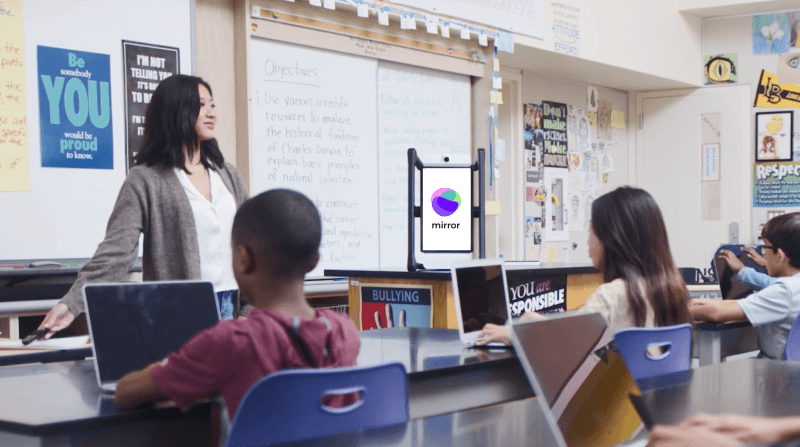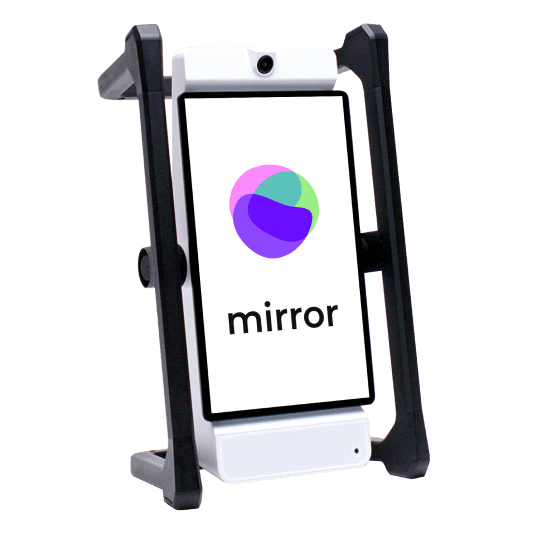
“Reflection is powerful” is a truism in education.
We want all students to learn how to effectively present evidence of their thinking, set goals that motivate them, and develop the self-awareness they need to be life-long learners.
Teachers know that the best way to achieve this is through regular and consistent reflection.
We’ve talked with thousands of educators about their reflective practices over the years. We’ve supported reflection with the Swivl Robot and with our student-focused tools Recap and Synth. We know that while teachers’ ultimate goal is to create an environment where their students are doing frequent, high-quality reflections, it is a struggle for most to make the time to do so.
Setting up effective reflections takes planning and research. Guiding and assessing reflections is incredibly time-consuming. So reflection often takes a back seat to other forms of assessment for these logistical reasons.
These conversations and findings influenced why we developed our newest reflection solution: Mirror.
Mirror is a solution that automates the setup, guidance, and assessment of reflections with AI. Our AI-enabled technology is delivered into classrooms through a portable, ruggedized kiosk that makes it easier than ever to build reflective routines in the classroom.
The math of language

A classroom powered by automated reflection is now possible thanks to AI. Specifically, it is possible through one of the main technologies behind today’s popular AI – Large Language Models (LLMs).
LLMs are designed to understand, generate, and respond to human language. They are trained on vast amounts of text data, which enables them to answer questions, write essays, summarize information, and even create content like poems or stories.
With Mirror, we use this capability to help educators easily set up reflections with effective questions. Then Mirror serves up those questions in its engaging interface to guide students to reflect effectively and conversationally.
For those who are familiar with how AI works, this part is relatively straightforward.
Where it gets less obvious is in the assessment of reflections. At the highest level, LLMs have turned language into math. And we can leverage this capability to turn reflective conversations back into math using specific prompts with AI.
The opportunity this presents is that educators can now quickly analyze conversational student reflections in conventional, easy-to-read dashboards – allowing teachers to skim over the results of the reflective dialogue their entire class is having within minutes instead of hours! This is truly what we mean when we say Mirror is automating reflection.
Making reflection the future of assessment
Assessment has always been limited to what can be reviewed efficiently and objectively. This limitation is what has led us to standardize testing and create simplistic polling solutions. While it has been a necessary practice, this has always created some disconnect between learning goals and teaching.
Now, it finally looks possible to efficiently and objectively assess and score natural, in-depth reflective conversations to easily compile insights that would normally take hours and hours of effort to achieve. This makes reflective practice something that can be incorporated as a daily activity – if not multiple times a day.
Assessing student learning this way provides a new and more direct way for educators to understand the effectiveness of teaching methods and curriculum. It provides real-time data to identify areas of improvement. It provides a way for teachers to understand the support each of their students needs. It even surfaces the evidence of students thinking they need to establish that learning occurred and no shortcuts were taken.
As noted, with Mirror, reflective prompts can be automatically generated based on a simple recorded teacher goal. Reflection responses can then be assessed based on objective measures teachers commonly use like whether students understand the learning objective, mindset, evidence of thinking, and sentiment – all with the help of AI.
Feedback to students on how to do effective reflections can even be automated. This helps reinforce and progress students’ reflective skills through any learning experience – compounding improvements in self-awareness and motivation over time.
We believe that with automated reflections, teachers can now reach new heights of effectiveness with less effort than ever required. And, we believe this transforms what is possible with reflection and what is possible in our system of education itself.
The Mirror demo program

If you want to experience the power of automating reflections firsthand, sign up for the Mirror demo program. This free trial is open to all educators based in the United States and Canada.